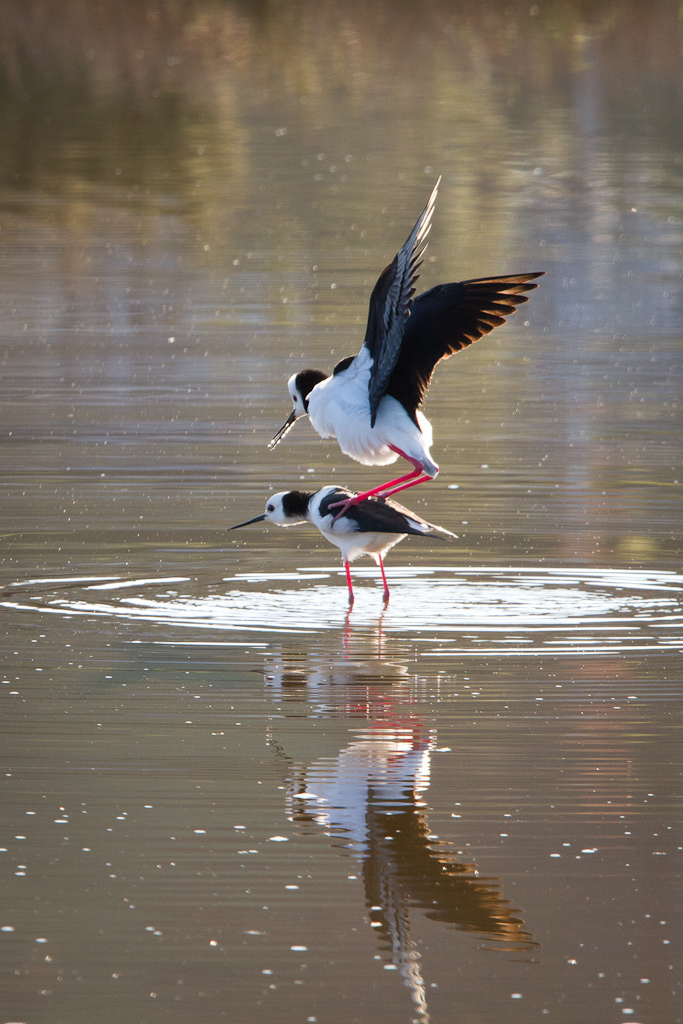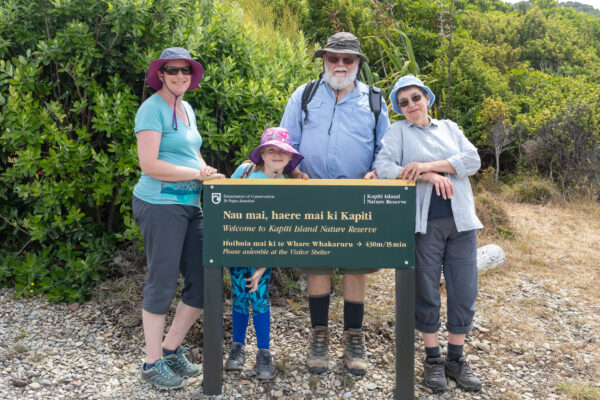October 30th – Day Thirty Six

Sunrise over the reeds at Makwena
Guess what? It was an early start with us all ready by 7am to load everything onto the boats for a trip through the delta to the ‘bus stop’ where we would be meeting our Mokoro polers. Now getting very efficient a line was formed and all the gear loaded up in double quick time. We then set off, starting at a more sedate pace, heading back out into the lagoon. We had a brief stop near some hippos for a talk and then it was full speed down the narrow channels towards the bus stop site. The journey was again about an hour and involved a lot of ducking and dodging of vegetation. Every new turn would invariably find us watching another heron or egret flying out of the reeds and off down the channel in front of us. We passed farmed land at one point with locals tilling the cleared turf and waving as we went by. The level of the surrounding green eventually became lower and we came out into low reeds and shallow water around a dusty landing on a island which was the bus stop. It’s called the bus stop because it’s a place to wait for pickup, whether that be to a camp or like us heading out for a bush camp on an island. Being the dry season it was not very busy as the water level is low so we were the only group around other than the polers who would be joining us for the next day.

Chain gang for loading the boat

Mexican the young fish eagle
Once again we had an unload, closely followed by the gear being split and loaded onto all the Mokoro. The Mokoro is a traditional wooden canoe carved in one piece out of a tree such as the sausage tree. As a conservation method the boats are now made of fibreglass – the wooden boats only last around five years so a lot of native trees need to be felled to keep up with Mokoro building and repair. We were arranged in pairs sitting in the boat with one in front, one in the middle and the poler standing at the back. Everything loaded and people all seated each Mokoro set off being poled slowly along the shallow water flows of the Delta

All on the Mokoro
As we were poled along we saw more birds such as the open billed stork. At one point we were pushed into the reeds at the side of the water so we could stand and see a large colony of stork nesting to one side. The trip was very sedate, nothing to disturb us other than the quietly moving water and the breeze running through the reeds. After an hour or so, just as it was starting to get into the heat of the day, we arrived at an island and disembarked and then unloaded for the last time today. The night was to be spent in the bush, just us, the polers and our tents plus whatever wildlife would decide to pay a visit.

Arriving at the bush camp island
Everything was unloaded and we were shown to the area where we could set up our tents. Joe claimed a space to set up the kitchen, a couple of Mokoro were bought in and flipped for seating and we all found a space to call home for the day. After setting up and having lunch a lot of us suddenly came to a loose end – what would we be doing for the rest of the day. Keryn and I were certainly unprepared for an afternoon of leisure with no activities or access to the finer things in life. We settled for sleeping, resting, talking and playing a few basic games like throw the stick/stone/leaf into a mug and ‘who am I?’. It was nice to be away from everything, if a little disconcerting at first.

Bush Camp
The late afternoon saw us all prepare to go out on a nature walk, splitting into two groups and being guided out into the surrounding delta plains in search of the local flora and fauna. We set out over the drying plains, the water of the Delta having retreated to a few small ponds and the deepest of the waterways. The islands of the Delta were easily reached by walking over the flattened reeds and grasses. Everywhere we walked between raised land there were empty water snail shells, the snails having died as the water retreated. Our walk was much like other nature walks we had undertaken, we walked, spotted and identified tracks and dung, looked at some of the trees and other plants to be found and watched animals when we encountered them. We saw warthog, a few elephant, one large male quite close, plenty of birds including a new bee-eater – the little bee-eater with it’s green, yellow and black plumage, vervet monkeys and a herd of red lechwe that upon seeing us ran through one of the delta ponds making a great noise as they splashed and dashed away. It was walk of three hours and we were all tired when we got back to camp as the sun set. Dinner was welcome and most of us had an early nights depart to sleep.

A elephant sniffing us out while on the evening walk

